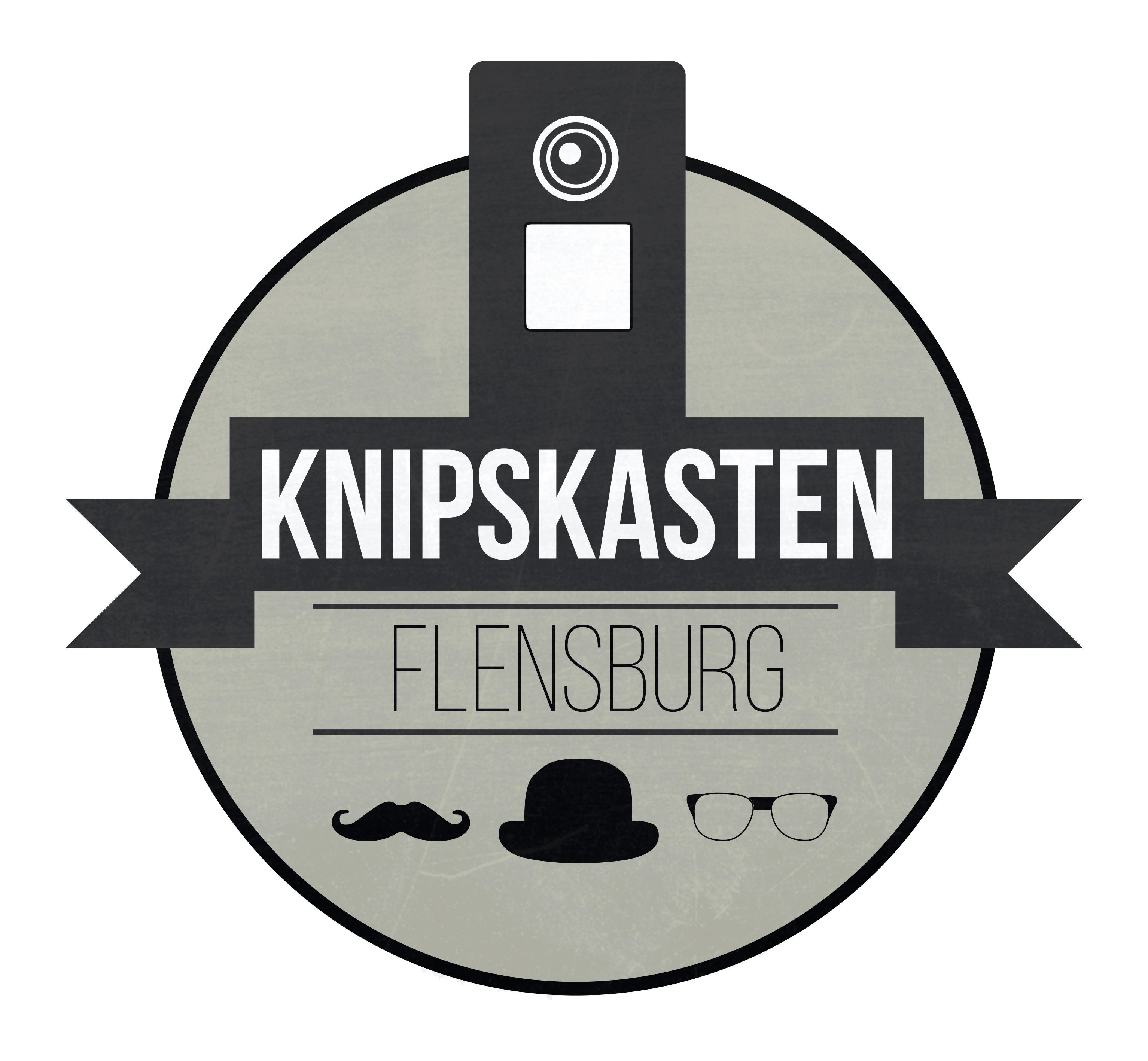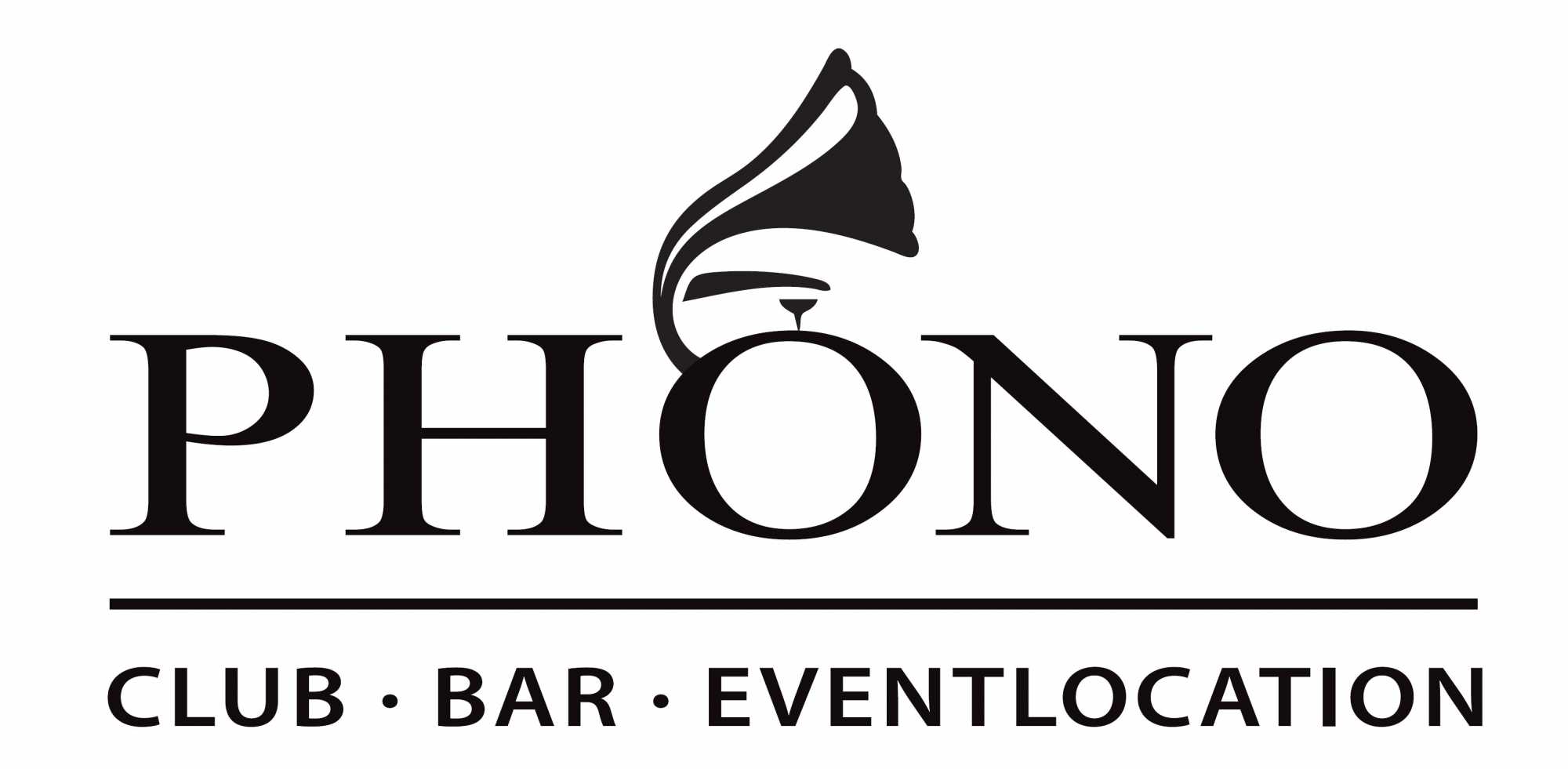- 1 | Freddy Adams
- 2 | Rasmus Mille
- 3 | Mathias Thomsen
- 4 | Victor Terp
- 5 | Christian Staadsen
- 6 | Carsten Petersen
- 7 | Bo Nielsen
- 8 | Kevin Frederiksen
- 9 | Romano Nielsen
- 10 | Sebastian Petersen
- 11 | Morten Rathje
- 12 | Helge Bauck
- 13 | Linus Ginosa
- 14 | Malo Feddersen
- 15 | Thore Naujeck
- 16 | Jonas Iversen
- 17 | Sophus Thomsen
- 18 | Julius Bösselmann
- 19 | Theo Muus Meyer
- 20 | Stephan Gottschalk
- 21 | Lennart Kuhrt
- 24 | Danny Kun Janeczek
- 25 | Frederik Fyrsten
Team Nordschleswig Æ Mannschaft at the EUROPEADA
The "Team Nordschleswig - Æ Team" has taken part in the tournament three times so far, most recently in 2016.
The German minority in Denmark
Until 1864, Schleswig was a duchy of the Kingdom of Denmark. In the northern part they spoke mainly Danish, but the administrative language was German. Economically, Schleswig was oriented to the south and formed a unit with Holstein. 1864 followed the second war for Schleswig, which ended with a defeat of Denmark against the Prussians and Austrians and so the duchy of Schleswig became a Prussian province. The Prussian state showed themselves little minority friendly to the German-speaking population in North Schleswig, due to the constraints the Danes moved closer together and consolidated their identity. After the First World War, a referendum was held in Schleswig. The boundaries of the voting areas were determined by the Allies so that the Danish-speaking population and Denmark were benefited. While in North Schleswig the overall result of the territory was crucial, in the southern zone were voted by communities. So the possibility was created to gain corporations with a Danish majority without risking to loose corporations with German majority in North Schleswig. The eligible voters in Northern Schleswig voted with a clear majority for the connection to Denmark. Because in the southern zone only three corporations, that were not right on the border line, predominantly voted for Denmark, South Schleswig remained wholly to Germany. Towards stability took the Second World War and the Bonn-Copenhagen Declarations place; but which turned out disappointing for the German minority, because their demands for amnesty and return of expropriated property have been considered and rejected by the Danish side as interference in internal Danish affairs.
But the road to far-reaching minority rights have paved. The German minority is now recognized in the Kingdom of Denmark with their linguistic and cultural particularity. The german minority in Danmark detach with Mr. Hans Heinrich Hansen till may 2016 the chairman of the FUEN. The main chairman of the “association of German North Schleswiger” is Mr. Hinrich Jürgensen. The German minority in Denmark, who describe themselves as "German Nordschleswiger", consists of about 15,000-20,000 people of a total population of 250,000 in North Schleswig. The German ethnic group maintains its own kindergartens, schools and libraries and an own newspaper called "Nordschleswiger" which reports on many political, sporting and cultural activities of the minority.
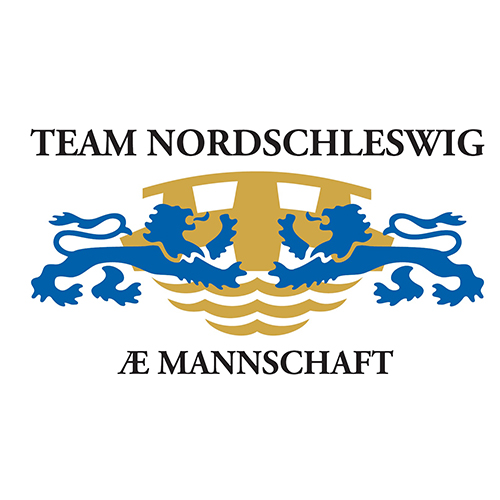
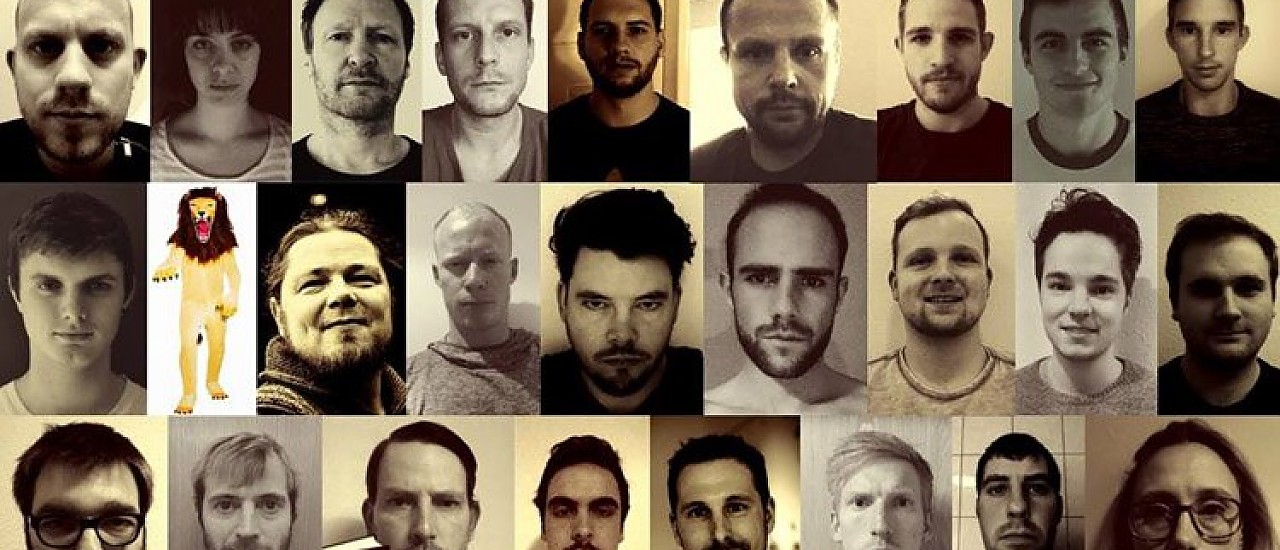


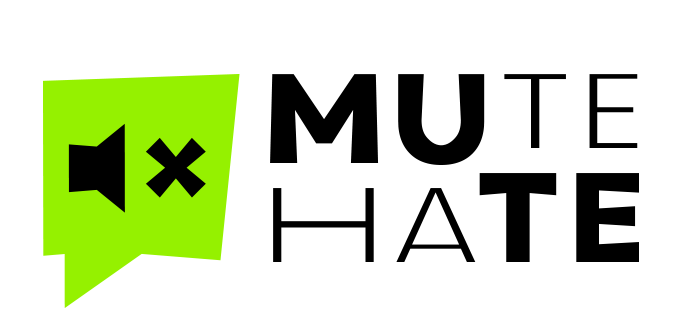
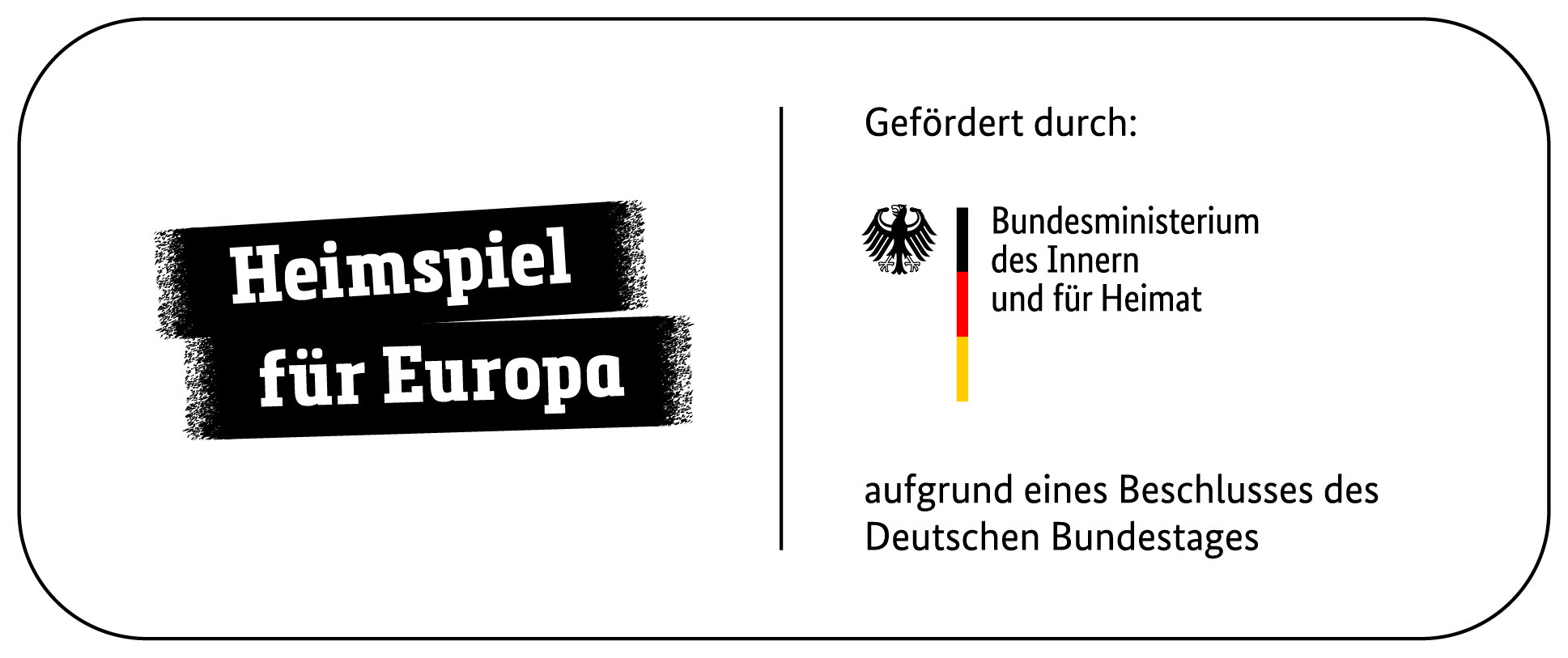
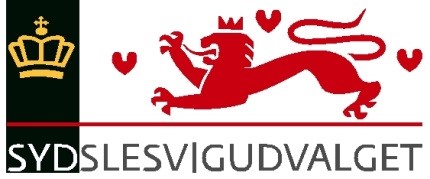



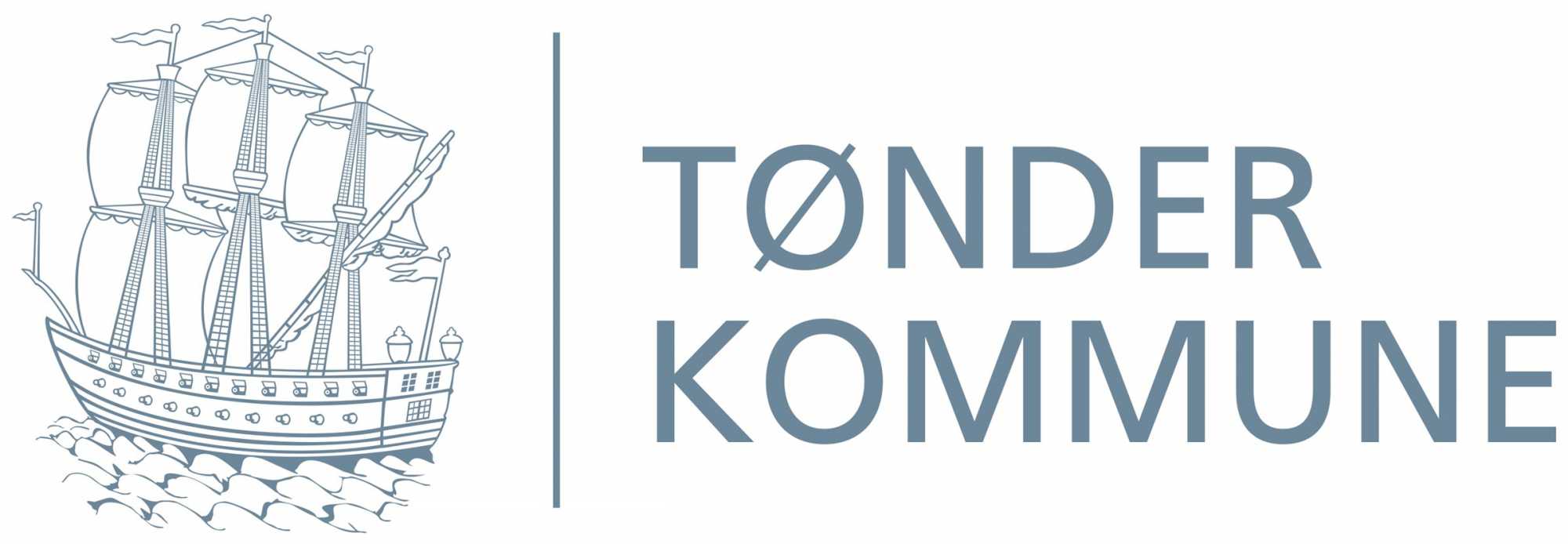
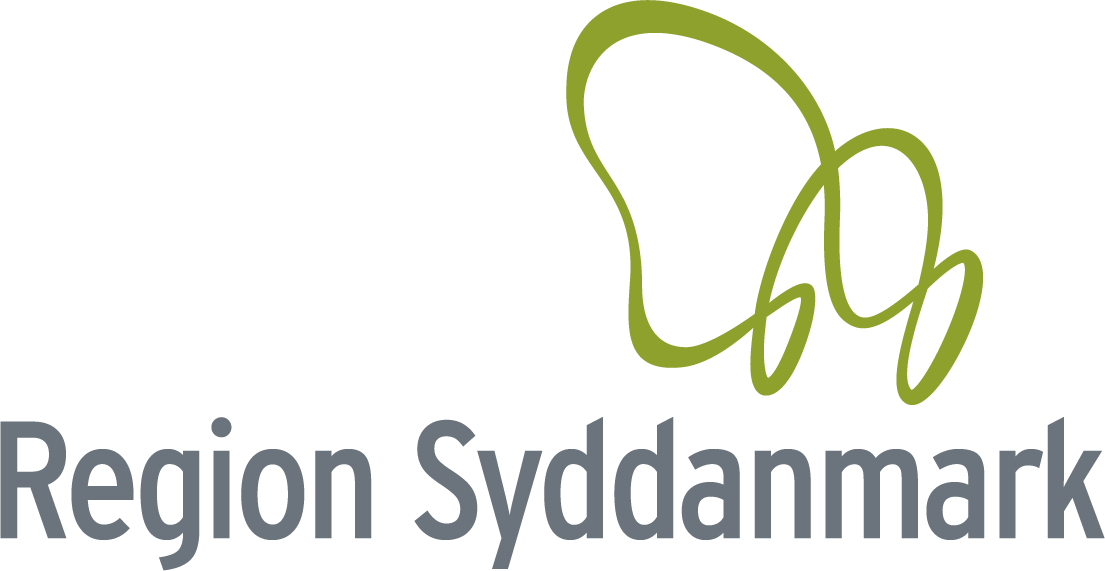
.png)



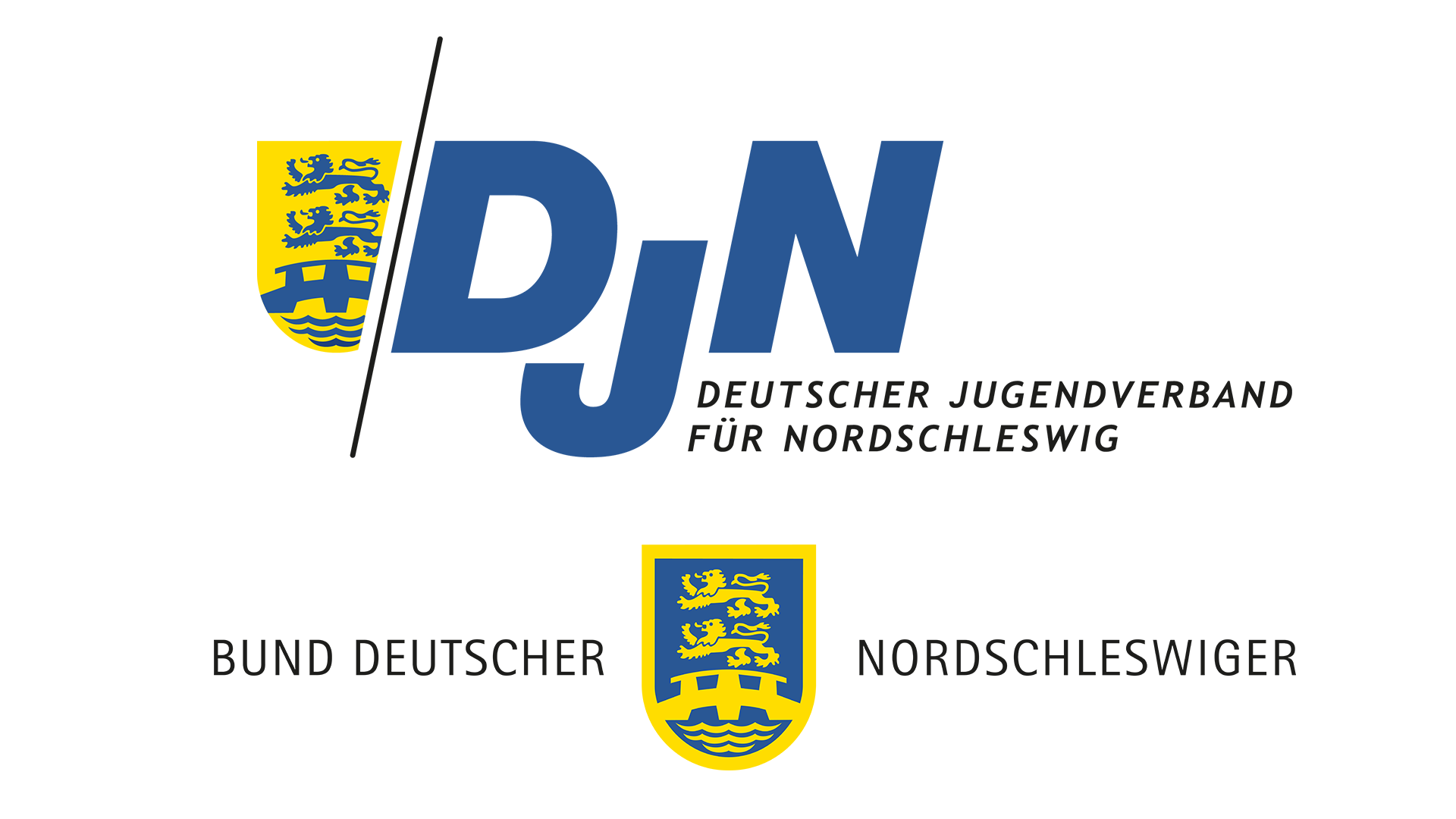
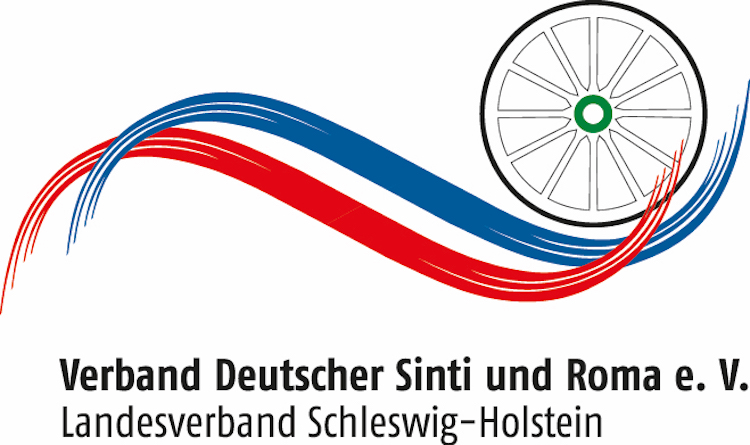

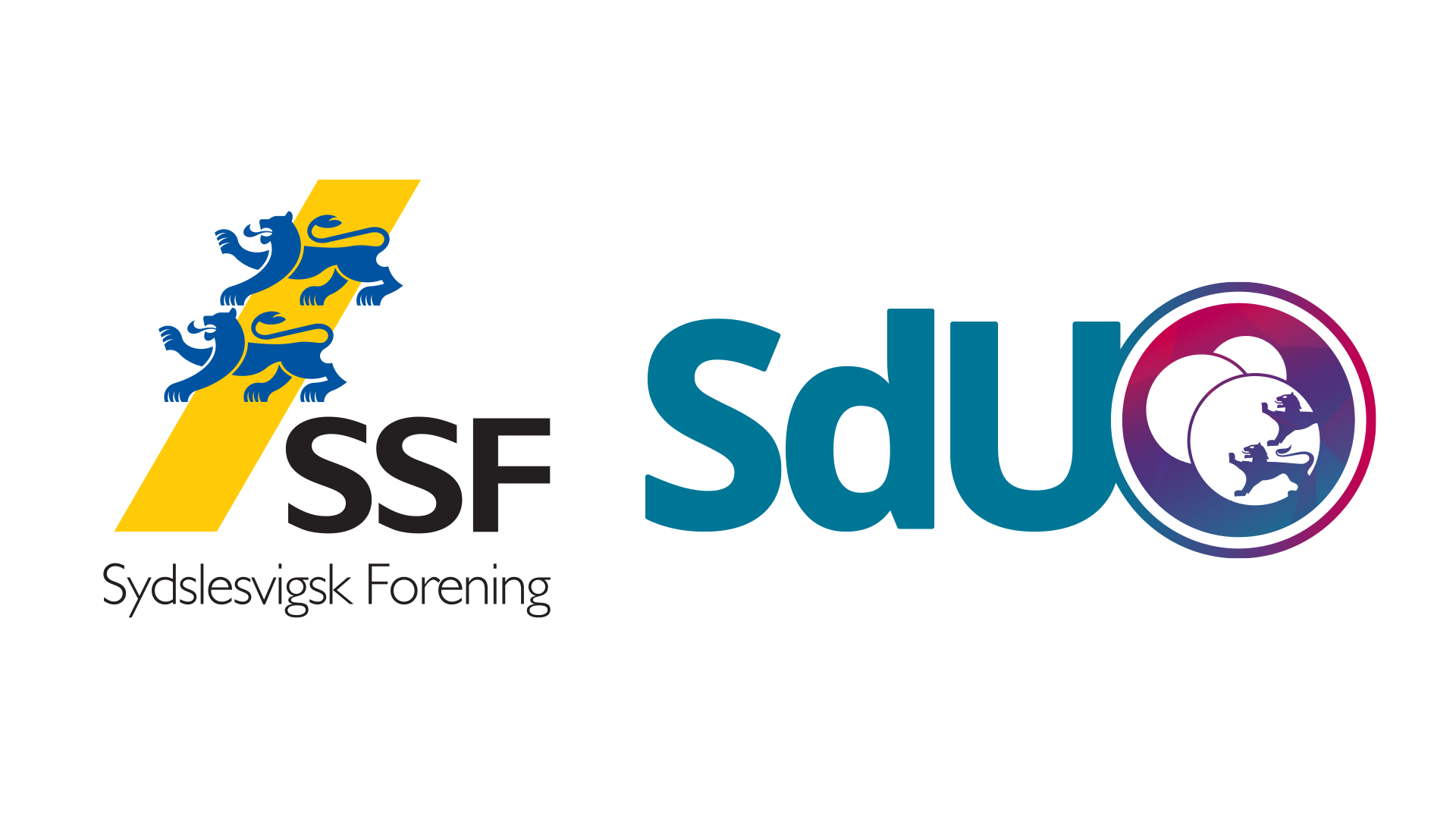
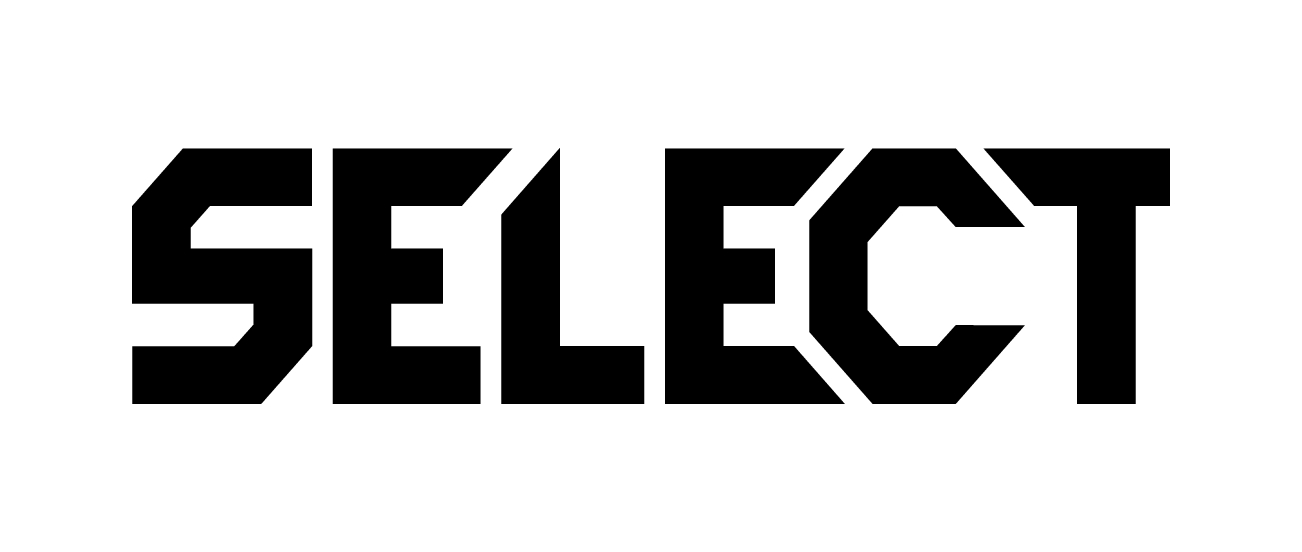

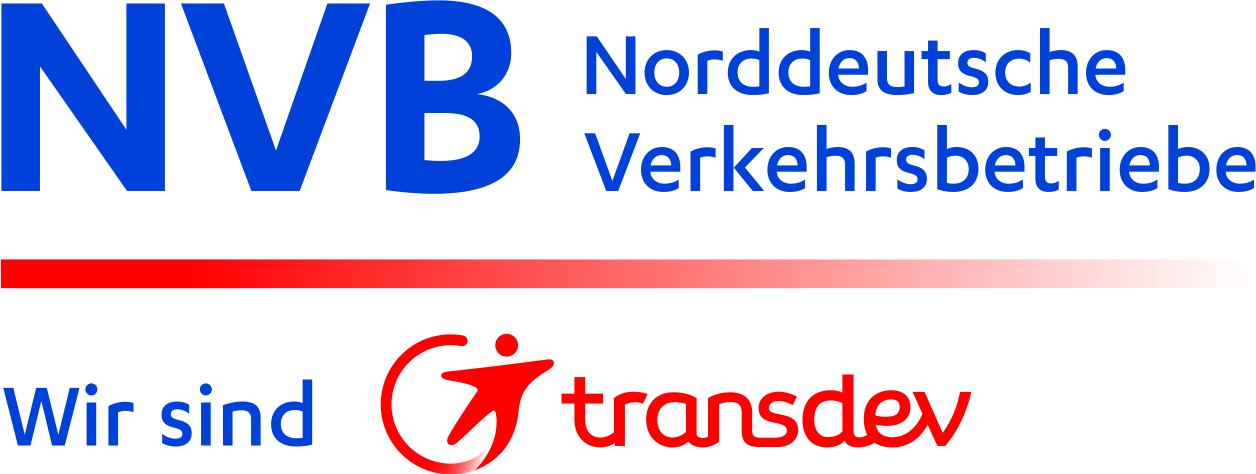

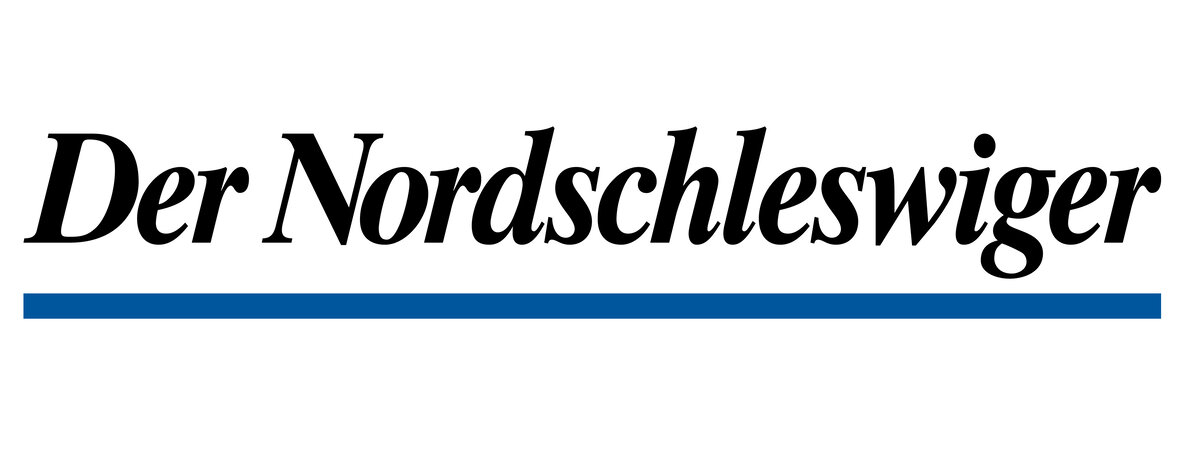




-1.png)
_(1).png)
